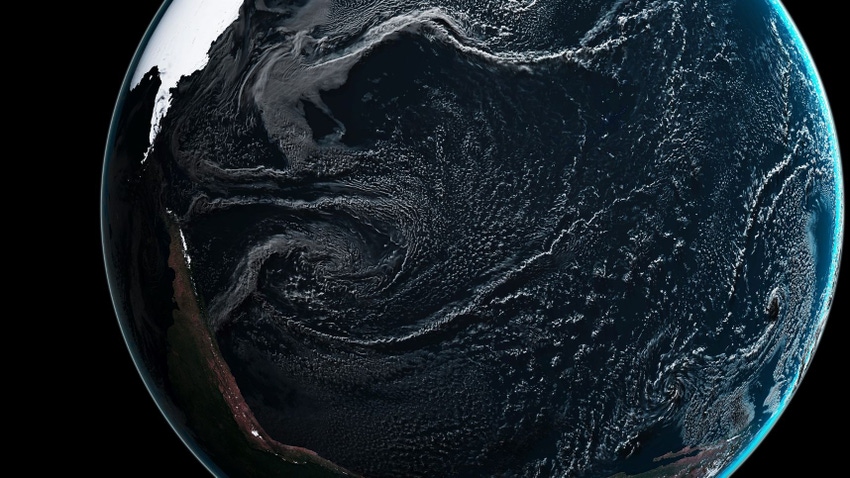Nvidia Debuts AI-Powered Weather Forecasting Digital Twin
The AI-enabled platform is designed to give customers better insight into climate conditions, in the face of increasingly extreme weather events

Nvidia has launched a digital twin platform to simulate weather and climate conditions, in a bid to monitor and mitigate extreme weather changes as a result of rising global temperatures.
The platform, Earth-2, was announced at Nvidia’s GTC AI conference last week.
The service uses AI-powered simulations to predict and showcase interactive, high-resolution renderings of weather conditions such as cloud cover and atmosphere, as well as extreme weather events such as typhoons and turbulence.
Earth-2 leverages Nvidia’s generative AI model, CorrDiff, which Nvidia says provides higher resolution, more accurate images of weather forecasts than other services available.
Using the platform, businesses and government entities can gather real-time insight into weather warnings and forecasts, offering a more rapid service than traditional CPU-driven modeling.
“Climate disasters are now normal — historic droughts, catastrophic hurricanes and generational floods appear in the news with alarming frequency,” said Jensen Huang, Nvidia’s CEO. “Earth-2 cloud APIs strive to help us better prepare for — and inspire us to act to moderate — extreme weather.”
Taiwan’s Central Weather Administration (CWA) is an early adopter of the platform, with the organization saying it will use the platform to forecast more precise locations of typhoons.
“Taiwan is a critical component of the global supply chain, and flooding risk analysis and evacuation preparedness are core to our mandate,” said Chia-Ping Cheng, CWA’s administrator.
Earth-2 also leverages Nvidia’s Omniverse computing platform, which allows users to develop 3D workflows and applications, helping customers better understand weather conditions by providing in-depth visualizations of events.
“To help effectively address current and future weather- and climate-related challenges, it’s critical now more than ever to incorporate reliable, globally scaled real weather data and insights into digital twin environments to better analyze, plan and simulate the impacts of weather,” said Sheri Bachstein, CEO of another early adopter, The Weather Company. “We plan to adopt Earth-2 APIs to create higher resolution, energy-efficient simulations at a lower cost.”
This article first appeared in AI Business' sister publication IoT World Today.
Read more about:
ChatGPT / Generative AIAbout the Author(s)
You May Also Like


.jpg?width=700&auto=webp&quality=80&disable=upscale)
.jpg?width=700&auto=webp&quality=80&disable=upscale)
.jpg?width=700&auto=webp&quality=80&disable=upscale)
.jpg?width=300&auto=webp&quality=80&disable=upscale)
.jpg?width=300&auto=webp&quality=80&disable=upscale)
.jpg?width=300&auto=webp&quality=80&disable=upscale)
.jpg?width=300&auto=webp&quality=80&disable=upscale)
.jpg?width=300&auto=webp&quality=80&disable=upscale)